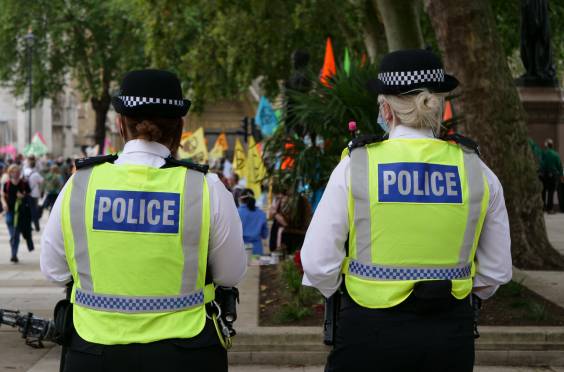How Do I Defend A Fraud Charge In Court?
How Do I Defend A Fraud Charge In Court?
Fraud is the most common offence committed in England and Wales and it is estimated that 67% of reported fraud is cyber-related. However, fraud is one of the most difficult crimes to prove to the criminal standard (beyond reasonable doubt), which is why complainants often bring fraud cases in the civil courts where the burden of proof is lower (on the balance of probabilities). Defending a fraud charge requires a Criminal Defence Solicitor to prove that your actions were not committed dishonestly.
Fraud is the use of trickery to gain a dishonest advantage, which is often financial, over another person. There are many different types of fraud, including:
• Mortgage fraud
• Beneficiary fraud
• False accounting
• Fraudulent trading
• Misrepresentation
• Identity theft
• Debit and credit card fraud
• Tax fraud
• Insurance fraud
• Dating fraud
• Cryptocurrency fraud
The below acts govern the fraud offence:
• The Fraud Act 2006
• The Theft Act 1968
The Fraud Act contains three primary fraud offences:
• Fraud by false representation – a statement made either expressly or implied that the person making it knows is untrue or misleading.
• Fraud by failing to disclose information
• Fraud by abuse of position - where a person occupies a position where they are required to look after the financial interests of another, for example, a trustee.
The Theft Act contains the offences of:
• False accounting
• False statements by company directors
What does the Prosecution need to prove to get a fraud conviction?
In a criminal trial, the Prosecution must prove that you or someone on your instructions, did the act of the offence (the action element) and you had the intent to commit the crime (mental element). For example, if you have been charged with fraud by false accounting, Prosecutors have to show that your records were falsified and you (or someone on your behalf) did so dishonestly in order to gain an advantage.
How is dishonesty proven in fraud cases?
The crux of the mental element of fraud is dishonesty. For many years, the dishonesty test used by the Court to establish if the Defendant was dishonest was the one formed by R v Ghosh [1982] EWCA Crim 2. This required the Prosecution to prove that the Defendant subjectively knew they were being dishonest when they committed the offence, and their actions were objectively dishonest according to the standards of ordinary people.
In Ivey v Genting Casinos (UK) Ltd t/a Crockford [2017] UKSC 67 the Supreme Court ended the Ghosh test and developed a new two-stage test for dishonestly which must be answered by a Magistrate or, in the case of a Crown Court trial, the jury:
• What was the Defendant's actual state of knowledge or belief as to the facts?
• Irrespective of the Defendant's belief about the facts, was their conduct dishonest by the objective standards of ordinary decent people?
The Ivey test removes the need for the Prosecution to prove the Defendant knew or believed they were being dishonest.
When it comes to the definition of the ‘standards of ordinary people’, in Floreat Investment Management Limited v Churchill [2022] EWHC 357 (Comm) the Court held that dishonesty involves a serious lapse from ordinary and proper standards. It should not be found lightly, especially in situations where "a degree of slackness in complying with formalities was not out of the norm".
Using lack of dishonesty as a defence
A lack of dishonesty is the most common fraud defence. A Criminal Defence Solicitor will carefully listen to your side of what led to you being charged with a fraud offence. We defend many cases where a director has been charged with fraud following actions by other C-suite members (notably CFOs) or other employees. Sometimes the director knows the representation being made or accounts being filed have inaccuracies, but they never had any intention of being dishonest when they signed off the documents*.
Your Solicitor may call witnesses such as colleagues or business partners to give evidence that you never intended to act dishonestly. In cases involving complex fraud, such as insurance or crypto-fraud, or where there is a cross-border element to the offence, your Solicitor is likely to instruct an expert witness to help the Court identify whether the dishonesty test is proven beyond reasonable doubt.
Getting legal advice
Fraud is a serious offence that can result in a lengthy prison sentence if you are found guilty. Therefore, it is crucial that you instruct an experienced Fraud Solicitor to advise and represent you. Not only will they be able to help you with your defence, but they can also instruct an expert Criminal Barrister to present your case to the Court. In addition, they will help manage any media interest in your case and protect your best interests throughout the trial.
If you have any questions regarding this article, please call 0300 3732424. If you have been arrested and require police station representation, please get in touch through our emergency number 0300 373399.
Please note that this article does not constitute legal advice.
* Although a director may not be found guilty of fraud in such a situation, they may be liable for civil claims, such as breach of directors’ duties or misrepresentation in contract.

